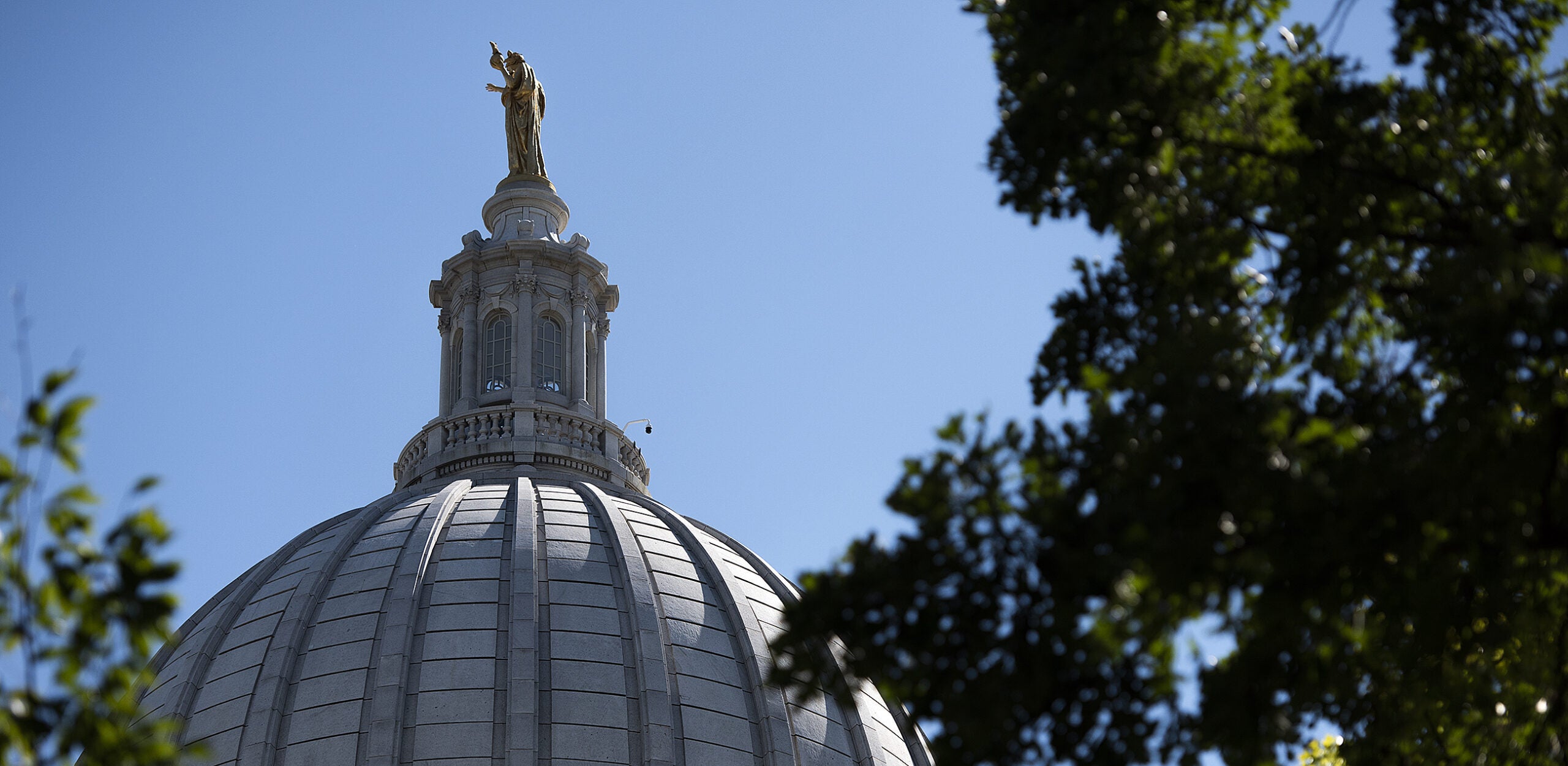Republican lawmakers are ordering a review into initiatives that aim to promote diversity, equity and inclusion within state government.
The GOP majority of the state’s Joint Legislative Audit Committee voted Tuesday to have Wisconsin’s nonpartisan Legislative Audit Bureau look into DEI “activities” at state agencies and the Universities of Wisconsin.
The move comes at the urging of Assembly Speaker Robin Vos, R-Rochester, who held up pay raises for more than 30,000 UW employees last budget session in an attempt to get the state’s public university system to eliminate any programs and staff positions specifically dedicated to DEI.
News with a little more humanity
WPR’s “Wisconsin Today” newsletter keeps you connected to the state you love without feeling overwhelmed. No paywall. No agenda. No corporate filter.
Those pay increases were eventually restored, after university leaders agreed to a compromise with GOP leaders, including a freeze on DEI positions through 2026 and funding for a UW-Madison engineering building.
At UW, DEI initiatives broadly include programming and outreach for students and staff from underrepresented groups, including people of color, first-generation college students, veterans, LGBTQ+ people and people from rural areas.
In a statement outlining the potential scope of a DEI audit, the Legislative Audit Bureau references training provided to Wisconsin executive branch employees that defined diversity as “varied identities and characteristics that distinguish individuals or groups,” such as race, socioeconomic background and disability status.
The scope statement defines equity as “fair treatment, access, opportunity, and advancement for all” and notes that equity can include policies based on “a recognition of individual and group differences and barriers that disproportionately impact underserved and underrepresented individuals.”
Late last year, Vos told the Milwaukee Journal Sentinel he wanted an audit to investigate whether state agencies are giving job candidates “extra credit” because of their race.
And, during Tuesday’s committee meeting, state Sen. Eric Wimberger, R-Green Bay, referred to DEI as a “neo-Marxian philosophy” that amounts to “state-sponsored discrimination.”
“I don’t accept the premise of DEI,” said Wimberger, a co-chair of the Joint Audit Committee. “I’ve not given up on a colorblind society. I choose to see others as peers who happen to have inconsequential physical traits and not as an intersectional mix of immutable characteristics for social management.”
Wimberger criticized a 2019 executive order from Democratic Gov. Tony Evers, which required state agencies to create diversity, equity and inclusion plans. The plans include action items, such as strategies for recruiting and retaining diverse staff.
During a public hearing Tuesday, Wisconsin Department of Administration Secretary Kathy Blumenfeld said that while state officials will cooperate with auditors, the breadth of the issue will make it difficult to audit.
“This work isn’t done exclusively by one agency nor is it a program that’s staffed by a specific team with policies and procedures,” Blumenfeld said. “Diversity, equity and inclusion is a principle and a strategy that is executed by every agency and impacts every state employee in the services we provide to the residents of Wisconsin.”
She said she expected the audit to highlight positive effects of DEI initiatives, such as a push expand geographic diversity by hiring state workers from all of Wisconsin’s 72 counties.
State Sen. Tim Carpenter of Milwaukee joined fellow Democrats on the committee in voting against the audit. He accused Republicans of trying to sow division ahead of November’s election.
“I see this as nothing more than trying to drag up a boogeyman,” Carpenter said.
Carpenter told lawmakers he was the first in his family to go to college as a result of “blind luck,” and said the anti-DEI backlash would impede social mobility and make it harder for businesses to tap into an educated workforce.
State Auditor Joe Chrisman characterized the newly-ordered DEI probe as a “large audit,” and said work on it will likely extend into next year. By that time, deliberations will be underway before lawmakers approve Wisconsin’s next two-year budget, which will take effect on July 1, 2025.
Britt Cudaback, a spokesperson for the governor, accused Republicans of trying to “weaponize” the audit bureau to “conduct purely ideological and politically-driven exercises.”
Editors note: WPR staff are employees of UW-Madison.
Wisconsin Public Radio, © Copyright 2025, Board of Regents of the University of Wisconsin System and Wisconsin Educational Communications Board.







